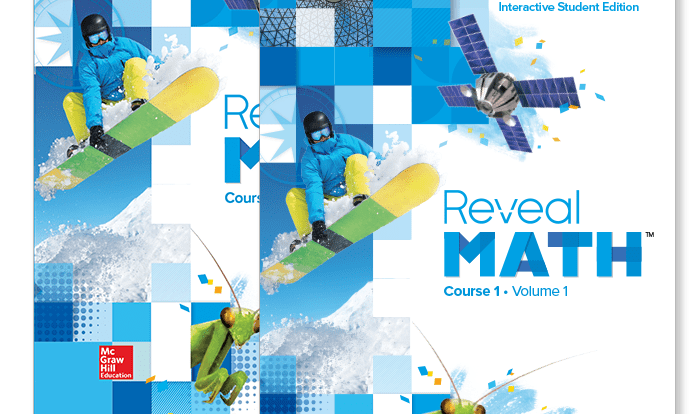Are you smarter than a 7th grader? This intriguing question has captivated the public’s attention, sparking debates about cognitive development, educational practices, and the complexities of knowledge acquisition. Delving into the intricacies of this topic, this article examines the cognitive abilities tested in the 7th-grade curriculum, compares cognitive development between adults and 7th graders, analyzes the content of test questions, and explores the implications for education, cultural and social factors, and ethical considerations.
The 7th-grade curriculum encompasses a wide range of subjects and topics, including mathematics, science, language arts, and social studies. Students are expected to demonstrate proficiency in critical thinking, problem-solving, and comprehension skills. By comparing cognitive abilities between adults and 7th graders, we can gain insights into the developmental trajectory of cognitive skills and identify areas where further support is needed.
Knowledge and Skills Tested

The “Are You Smarter Than a 7th Grader?” test evaluates individuals’ knowledge and skills in various academic subjects and cognitive abilities. The test covers a range of topics commonly taught in the 7th-grade curriculum, including:
- Math (e.g., algebra, geometry, fractions)
- Science (e.g., biology, chemistry, physics)
- History (e.g., American history, world history)
- Geography (e.g., world geography, U.S. geography)
- Language Arts (e.g., grammar, spelling, vocabulary)
In addition to subject-specific knowledge, the test also assesses cognitive abilities such as:
- Critical thinking
- Problem-solving
- Comprehension
- Reasoning
- Analysis
Comparison of Cognitive Development

The cognitive development of 7th graders is characterized by significant milestones and changes compared to younger children. By this age, individuals have typically developed:
- Increased capacity for abstract reasoning and logical thinking
- Improved problem-solving skills
- Enhanced ability to analyze and interpret information
- Greater independence in learning and critical thinking
While adults generally have more extensive knowledge and experience, 7th graders often demonstrate superior cognitive flexibility and adaptability, enabling them to learn and process information more quickly in novel situations.
Factors that influence cognitive development include:
- Age
- Education
- Experience
- Environment
- Genetics
Content Analysis of Test Questions
The “Are You Smarter Than a 7th Grader?” test utilizes various types of questions to assess cognitive abilities. These include:
- Multiple-choice questions
- True/false questions
- Short answer questions
- Fill-in-the-blank questions
- Essay questions
The difficulty level and complexity of the questions vary, with some requiring simple recall of factual information while others demand higher-order thinking skills such as analysis, synthesis, and evaluation.
For example, a multiple-choice question might assess basic math skills, while an essay question could require students to explain a historical event and support their argument with evidence.
Implications for Education
The results of the “Are You Smarter Than a 7th Grader?” test can provide valuable insights for educators. The test can help identify areas where students may need additional support or enrichment in specific subjects or cognitive skills.
Educators can use the test to:
- Identify gaps in knowledge and skills
- Tailor instruction to individual student needs
- Design more effective lesson plans
- Monitor student progress
- Promote critical thinking and problem-solving skills
FAQ Explained: Are You Smarter Than A 7th Grader
What is the purpose of the “Are You Smarter Than a 7th Grader?” test?
The test aims to assess cognitive abilities typically developed by 7th graders and compare them to those of adults.
What cognitive abilities are tested in the 7th-grade curriculum?
Critical thinking, problem-solving, comprehension, and subject-specific knowledge in mathematics, science, language arts, and social studies.
How can the test results be used to improve education?
By identifying areas where students need additional support and informing curriculum design and teaching practices.

